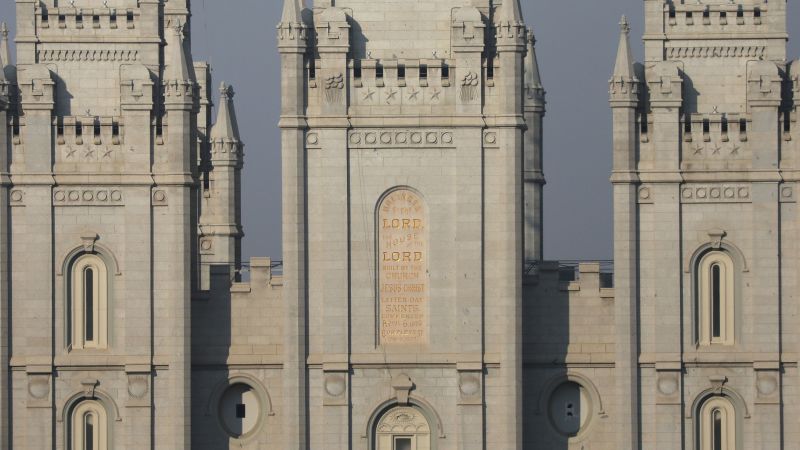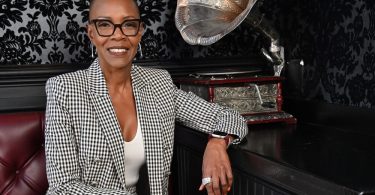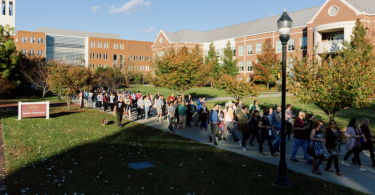CNN
—
The Church of Jesus Christ of Latter-day Saints has expanded its restrictions on transgender members with policy updates, including barring them from working with children or serving as teachers.
The church’s updated general handbook, released Monday, marks another blow to the LGBTQ community, which has faced state bans or restrictions from sports participation and reduced access to gender-affirming care.
The clarified policies regarding the church’s transgender members include banning people “who pursue surgical, medical, or social transition away from their biological sex at birth” from filling gender-specific roles within the church, serving as teachers or working with children or youth, according to its guidance for local leaders.
In addition, transgender people will not be allowed under the new policy to attend overnight activities open to both men and women. They would be able to attend gender-specific overnight activities, such as camps for women, but only with people whose sex is the same as their sex at birth.
The LDS church defines social transition as intentionally identifying and presenting oneself in a way other than their biological sex assignment, including how they choose to dress and which names and pronouns they use.
The church declined to go on record to provide comment to CNN but pointed to its handbook’s frequently asked questions for an explanation on why the transgender policy changes were made.
The church said it sought to help its local leaders more effectively minister to trans members and their families, “clarify guidance regarding baptism and confirmation, priesthood ordinances and temple ordinances,” and “ensure consistency in policies while allowing local leaders flexibility to minister based on each person’s needs.”
LDS church members who are transgender, who the church states in its broader guidelines are wanted and needed members, face possible annotation on their member record – something that can also happen for people who sexually abuse children, commit sexual predatory behavior and are involved with child pornography, according to the handbook.
The church’s leaders “counsel against” transitioning from one’s biological sex assigned at birth and say transgender people face some membership restrictions including “receiving or exercising the priesthood, receiving or using a temple recommend, and serving in some Church callings.”
“They may receive other callings or assignments that provide opportunities to progress and serve others,” the guidance states.
Those guidelines also say transgender people should use a single-occupancy restroom when available, and if one isn’t, they have the option of “using a restroom that corresponds to the individual’s feeling of their inner sense of gender, with a trusted person ensuring that others are not using the restroom at the same time.”
Tyler Lefevor, a Utah-based therapist and researcher who was brought up in the church and identifies as queer, said the updated policies are “really unfortunate” as they reduce the liberties local church leaders take in their interpretation of church policies.
“This is kind of the church’s way of saying, ‘No, this is how we want you all to do it,’” Lefevor told CNN.
“The greatest harm is in the implication for trans members of the church just saying, ‘We really don’t want you here, please leave, (and) if you’re going to be here, you have to conform to these really high level of expectations on how you present yourself,’” Lefevor said. “I think that’s the damaging part of these new (updates).”
He said while the church has sent “mixed messages” of its acceptance of LGBTQ members, he believes it “has done a really good job” over the past decade of encouraging members to respect and support its LGBTQ community.
At the same time, Lefevor said, the church organization’s policy suggests LGBTQ congregants have to conform to be accepted.
“It makes it harder for LGBTQ people because their interactions with other congregants give them mixed messages of saying, ‘you can still be here,’ but then on the other side, (the church) is creating policies that make it really quite impossible for LGBTQ or, trans members specifically, to be full members.”
The LDS church, which still opposes same-sex marriages, expressed support for the Respect for Marriage Act in 2022 for its “efforts to protect religious freedom.”
Laurie Lee Hall, a transgender woman who was excommunicated in 2017 after transitioning, agreed the updated policies pose a challenge for people like her to keep the faith, Hall told The Associated Press.
She referred to the guidelines preventing transgender people from working with youth or needing chaperones to use their preferred bathroom to be “dehumanizing,” the AP reported.
“It implies that a trans member is somehow a danger to others,” Hall said, according to the AP.







